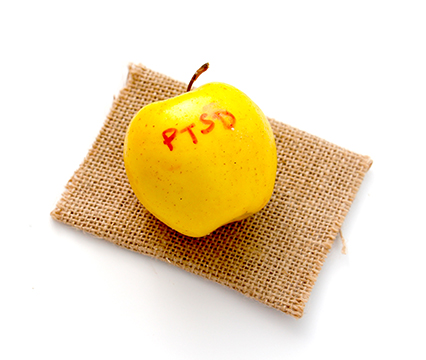A diet enriched with Curcumin impairs newly acquired and reactivated fear memories
Monsey et al. (2015) examined the efficacy of dietary curcumin at impairing the consolidation and reconsolidation of a Pavlovian fear memory [a widely studied animal model of traumatic memory formation in posttraumatic stress disorder (PTSD)]. A diet consisting of 1.5% curcumin prevented the training-related increase in expression of the immediate early genes (IEGs) Arc/Arg3.1 and Egr-1 in the lateral amygdala (LA), and impaired the ‘consolidation’ of an auditory Pavlovian fear memory. Although the short-term memory was intact, the long-term memory (LTM) was significantly damaged. Curcumin was also found to impair the ‘reconsolidation’ of a recently formed auditory Pavlovian fear memory (with significant weakening of PR-LTM again) and also of an older, well-consolidated fear memory. Furthermore, the fear memories that failed to reconsolidate under the influence of curcumin were impaired in an enduring manner; they were not subject to reinstatement or renewal. These findings showcasing that curcumin in the diet can impair fear memory consolidation and reconsolidation processes may have crucial implications for the treatment of disorders such as PTSD that are characterized by unusually strong and persistently reactivated fear memories. [NPID: PTSD, trauma, fear, memory, curcumin, Pavlovian fear memory, fear memory]
Year: 2015
 Navigation
Navigation






